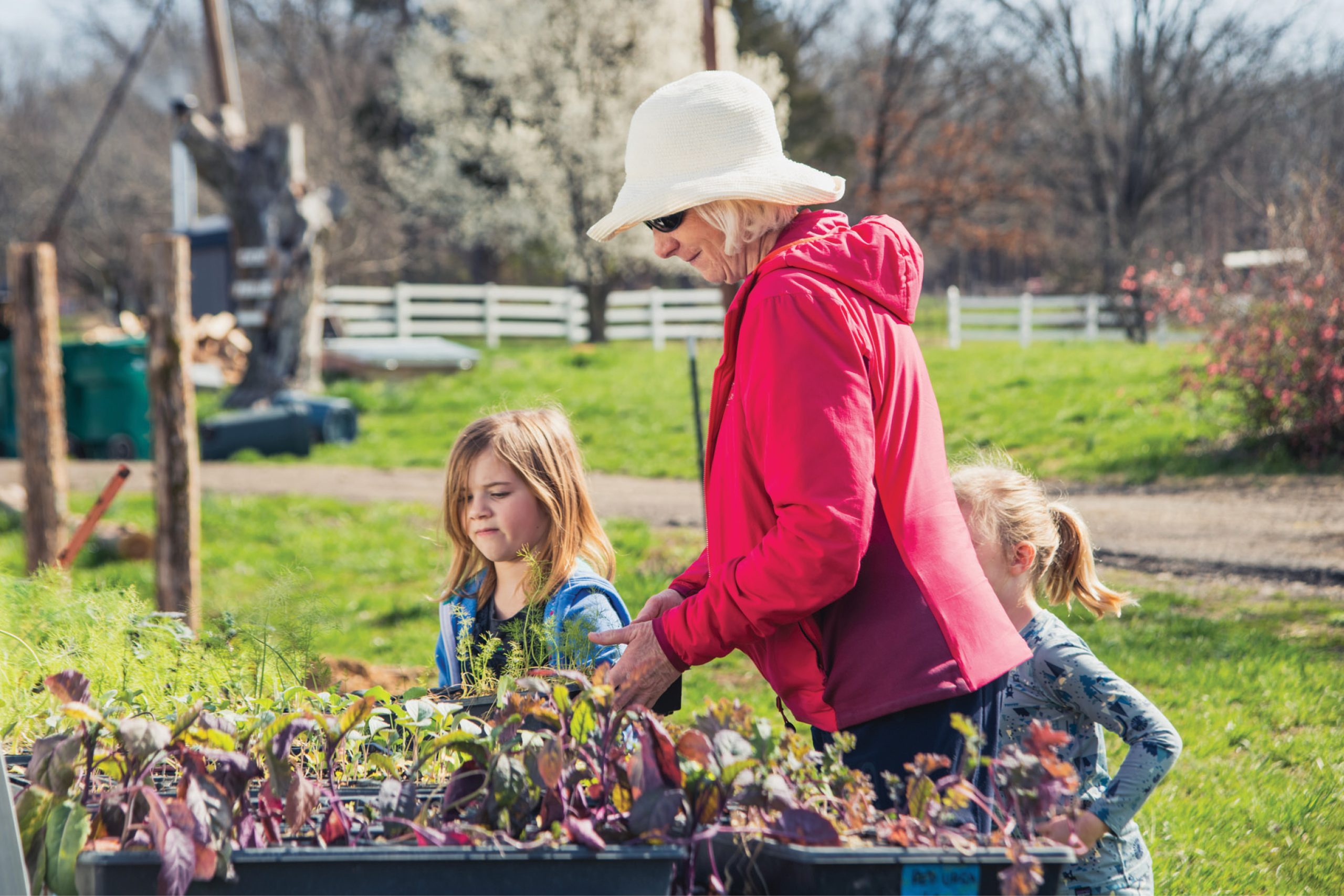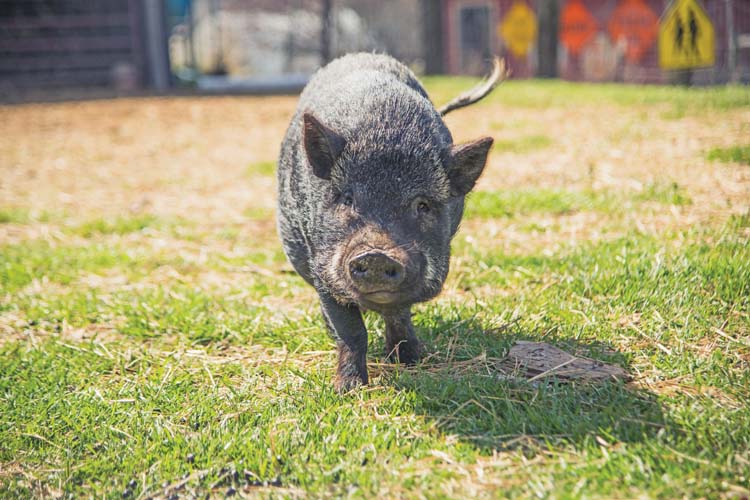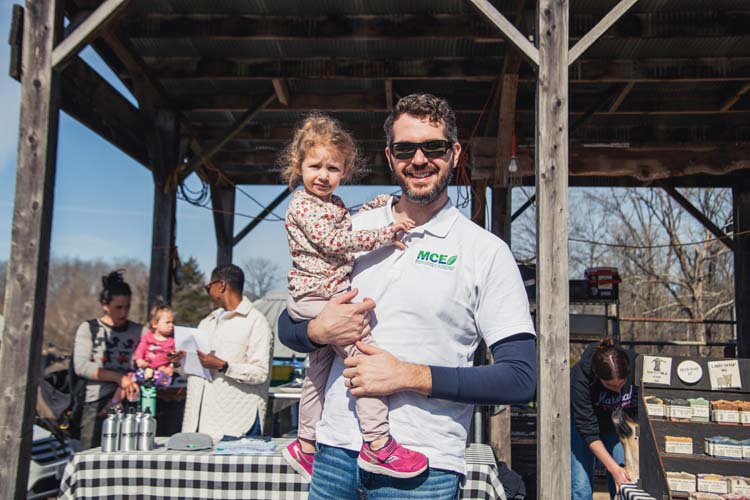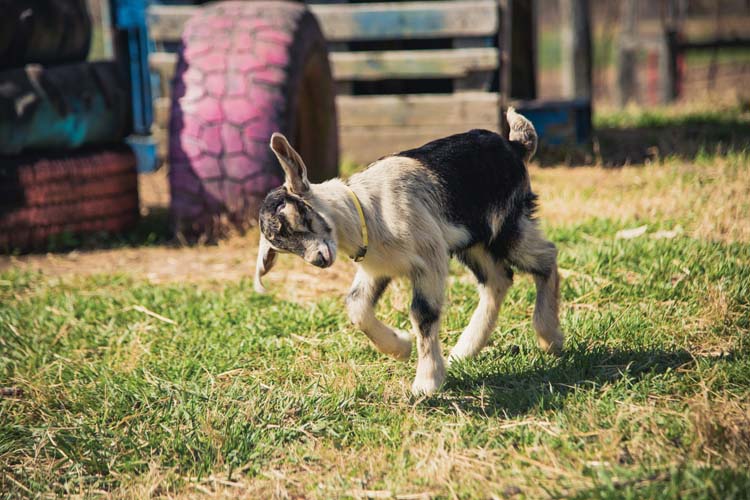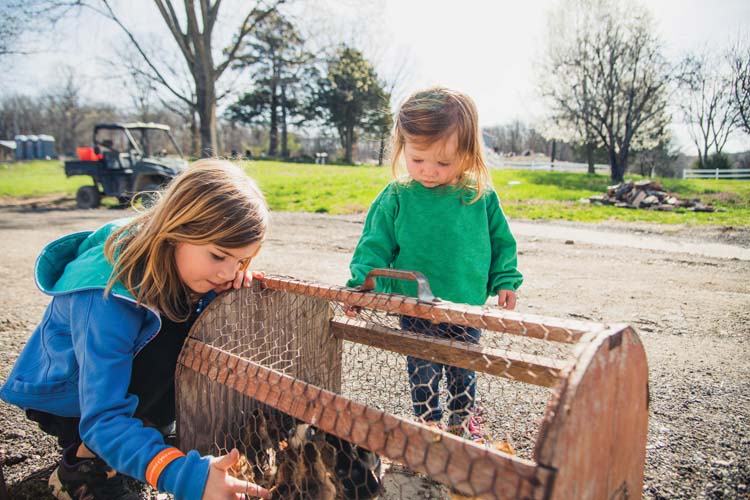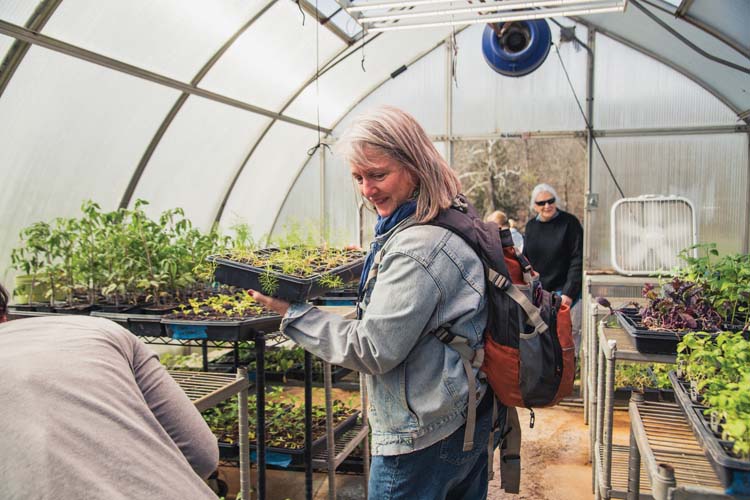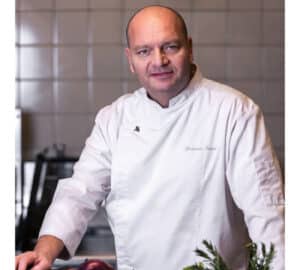From supporting local growers to getting fresh, healthy produce and meat, there are big benefits to eating and buying local. The Missouri Coalition for the Environment (MCE) believes that by promoting sustainable practices, local farms can not only meet the nutritional needs of the community but also improve soil, air and water quality. It launched Known & Grown STL to build a resilient and equitable food community by supporting farmers who use humane and environmentally responsible practices.
According to the United States Department of Agriculture, farming accounted for 11.2% of U.S. greenhouse emissions in 2020. Locally, much of the farmland around the St. Louis region is dedicated to the commercial production of corn and soybeans and Concentrated Animal Feeding Operations where livestock are confined for long periods. “A common misconception is that all farming is beneficial for the environment, but unfortunately, that is not the case,” MCE executive director Jared Opsal says. “Farmers who implement eco-friendly policies see a more than 60% decrease in greenhouse emissions. We launched Known & Grown STL in the summer of 2019 to support local farmers in a 150-mile radius of St. Louis who are doing the right things.”
The farmer-led program provides mentorship and networking opportunities to expand and improve environmentally-responsible practices. Known & Grown STL connects growers with experts who visit farms and help guide them. They also host Farmer Field Days where participants get to visit other farms in the program and learn about what they are doing. The initiative recently received a grant from the Missouri Foundation for Health to expand operations. One thing the funds will be used for is providing refrigerated transport so farmers can more easily move products to the point of sale.
Opsal notes that a major component of the initiative is building connections with grocers, farmers markets and restaurants. “Even if they are using best practices, a farm cannot succeed if they don’t sell their products,” he says. “We work to develop new supply chains. For example, a local brewery was looking for bergamot, but no single farm in the program grew enough to meet the order. We were able to establish a price between three growers, and they fulfilled it together. Without our network, they wouldn’t have made the sale, and that local ingredient wouldn’t have ended up in that beer.”
To participate in the program, farmers must adhere to certain practices. They must be antibiotic-free, use no synthetic chemicals, allow farm animals to live in outdoor pastures where they can forage, and forgo synthetic growth promotants or added hormones. Farms also have to implement measures to prevent harmful chemicals from drifting from other facilities in close proximity. “We also award farmers that go above and beyond with the Golden Beet designation,” Opsal adds. “They implement suggested practices like creating a pollinator habitat, practicing energy conservation, and capturing and storing rain to use for irrigation.” There are currently 65 farms participating in Known & Grown STL, and consumers can learn more about the conservation practices of each at knownandgrownstl.org.
The Known & Grown STL website also features a local food locator where people can find farmers markets, grocers and restaurants that sell or use products grown on farms in the program. “The mapping tool enlightens people to just how many places there are that source locally grown food,” Opsal says. “It can have a big benefit for the local economy. When you spend locally, 70% of those funds stay in the region versus only around 25% if you purchase from a national or international company.” There also is a positive environmental impact. Purchasing produce grown in Missouri can result in less than six times the CO2 emissions that come with shipping items grown out of state.
While Known & Grown STL is not a food access organization, it does strive to address food insecurity and inequality through community partnerships. It works with Operation Food Search and community grocery stores to bring fresh produce into areas often considered food deserts. It also works towards a more equitable food system by supporting many first-generation farmers. “This program is as much about small business development as it is about environmental impact,” Opsal says. “We work with historically underserved populations, such as BIPOC-, women- and veteran-owned farms. We want to give them the resources and support necessary to thrive.”
Pictured at top: A Known & Grown STL eco-tour at Such & Such Farms
Photos: Miranda Munguia





